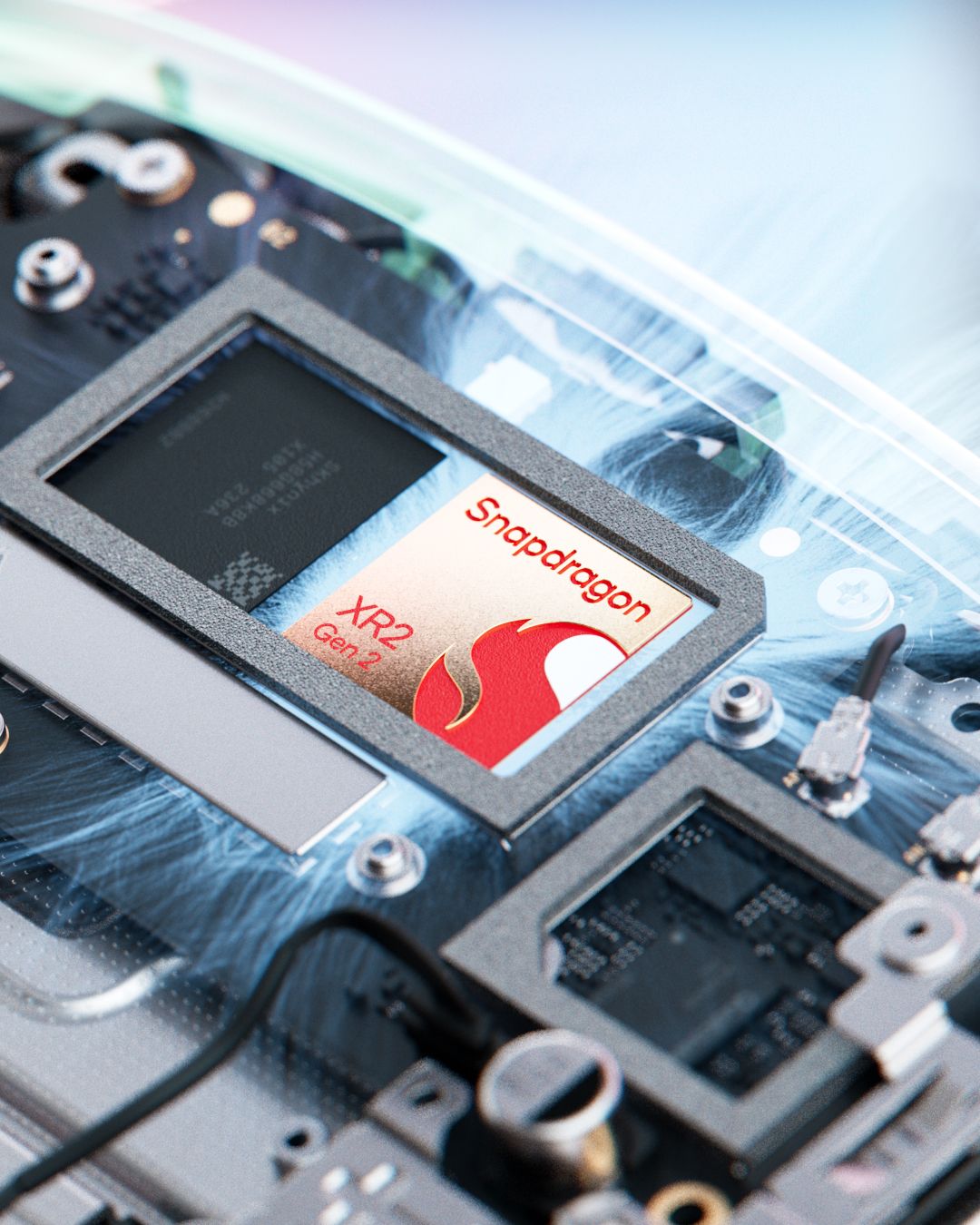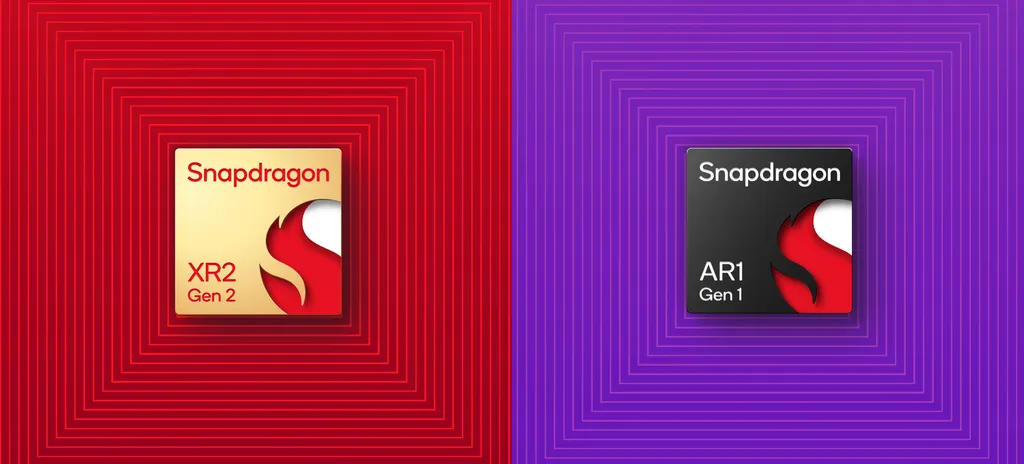Meta is reportedly conducting layoffs in its custom silicon for wearables team.
Reuters cites "two sources familiar with the matter" as saying employees on the team, still known as Facebook Agile Silicon Team (FAST), were notified of layoffs yesterday via Meta's internal communication platform Workplace.
FAST employed around 600 people before the layoffs. Reuters says it could not determine the scale of the layoffs however. We reached out to Meta but the company declined to comment.
Meta conducted major waves of layoffs throughout the past year as part of an effort to cut costs, with Mark Zuckerberg describing 2023 as a "year of efficiency". The company let around 20,000 staff go, including some from its AR/VR teams and acquired VR game studios. Zuckerberg had said some of these layoffs "may take through the end of the year to complete", so the FAST layoffs could be part of these wider layoffs.
Meta executives have in the past publicly referenced efforts to build custom chips for its glasses and other future wearables. But very few device companies have successfully managed to break dependence from dedicated chipmaking companies, and only Apple has been able to do so while also achieving equivalent or better performance.
Last year The Information reported that the first Meta chipset was supposed to go into the new Ray-Ban smart glasses, announced last week at Connect. But executives instead opted to go for Qualcomm's new AR1 Gen 1 as the Meta chip would have delayed the launch into 2024.
Earlier this year The Information also reported that Qualcomm will also provide the chipset in the the wireless compute puck of the consumer model of Meta's true AR glasses (set for 2027) and that executives are even debating using a Qualcomm chip in the glasses to process the sensors too.

That same report claims Qualcomm's CEO Cristiano Amon is meeting "multiple times a year" with Mark Zuckerberg as the ties between the two companies are strengthening.
Just over a year ago Meta and Qualcomm announced “a multi-year broad strategic agreement” to build the Snapdragon XR chipsets for Quest headsets, involving both companies’ product & engineering teams working together. The first result of this partnership is seemingly arriving in Quest 3, the Snapdragon XR2 Gen 2.
While Qualcomm confirmed to UploadVR that there is no explicit exclusivity deal at play here, Meta being intimately involved in the development of these chipsets almost certainly gives the company critical advantages in designing headsets that use them - and these advantages may outweigh the significant cost and risk in trying to build its own chips instead.
Article updated shortly after publication to add reference to wider Meta layoffs.





























